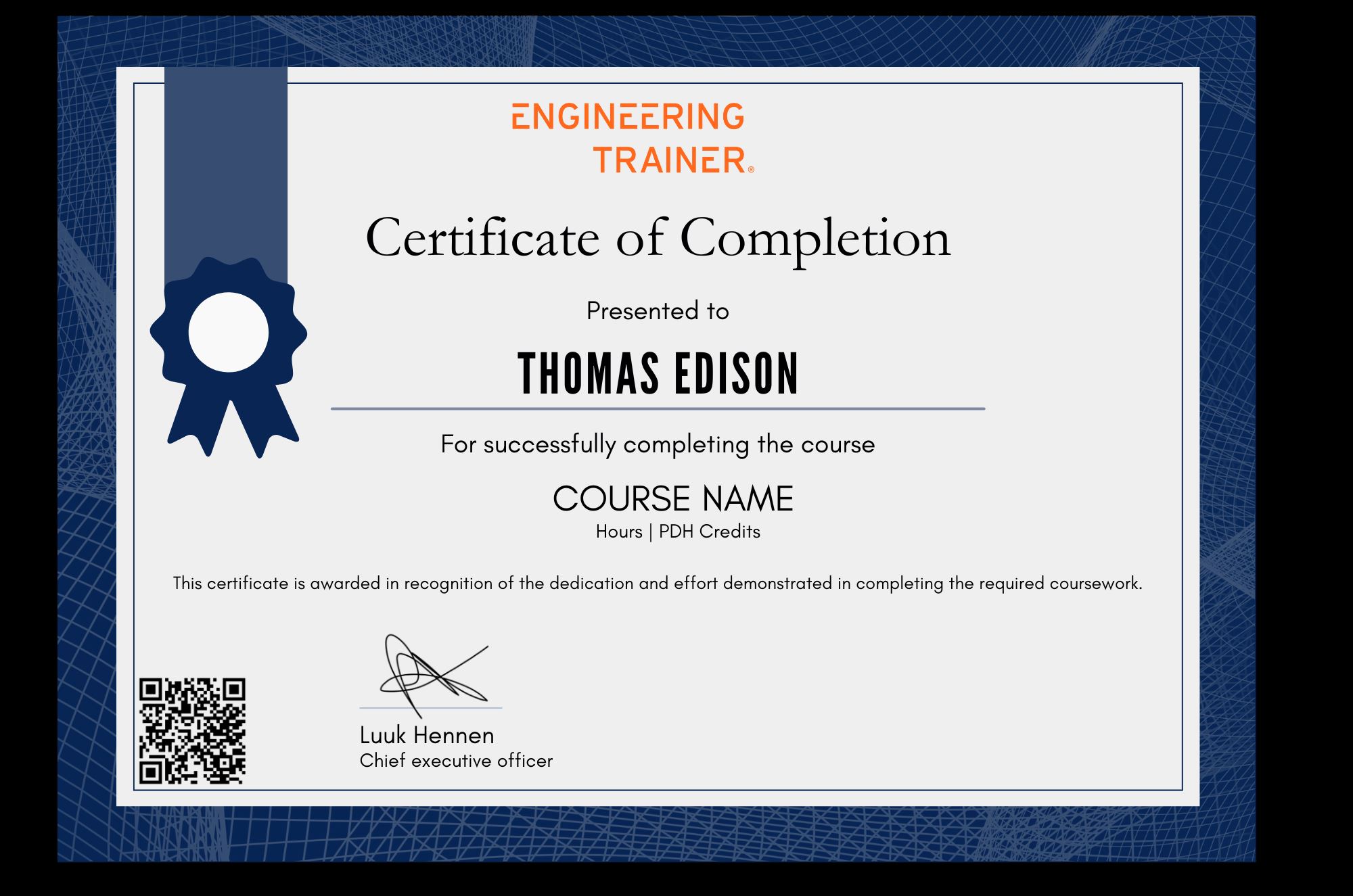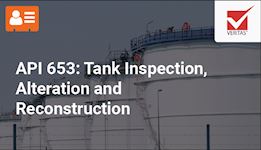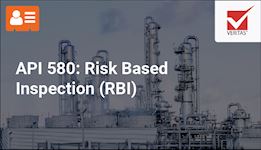Corrosion Engineering and Corrosion Resistant Alloys
Corrosion Engineering and Corrosion Resistant Alloys
About the course
Corrosion is a dangerous and costly material process which can lead to failure of metallic constructions. An understanding of which constructions, in which operating environment, are susceptible to corrosion is vital in any project involving metals and alloys.
This training course starts by introducing the participants to all of the common corrosion mechanisms including aqueous corrosion, high temperature corrosion, stress corrosion cracking, galvanic corrosion and pitting corrosion. Measuring corrosion rate in the field, due to it's often local nature, includes uncertainties and within this course the instructor will explain how to interpret these results in a pragmatic and safe way.
Stainless steels, nickel alloys and copper alloys are corrosion resistant, and here it will be explained why, with reference to the material micro-structures, why this is the case and under which circumstances each is corrosion resistant. The course concludes by looking at which laboratory tests are available for assessing corrosion resistance and giving participants an overview of the design guidelines for minimising corrosion.
The course consists of 2 days of live classroom sessions. A comprehensive, full colour training handbook is also provided on the course, which serves a reference document following completion of the training.
Learning Outcomes
After this course, you...• have a solid understanding of the various corrosion mechanisms, including Aqueous Corrosion and High Temperature Corrosion,
• have understood galvanic corrosion, are familiar with the galvanic series and under which conditions an anode and cathode arise,
• have seen industry standard corrosion measurement methods in the field,
• are familiar with which design guidelines should be applied to minimize corrosion,
• know the properties and applications of Corrosion Resistant Alloys (CRAs) including: Stainless Steels, Nickel Alloys, Copper Alloys, Zirconium Alloys, Cobalt Alloys and Titanium Alloys,
• have a good overview of the laboratory tests for assessing corrosion resistance such as Immersion Testing, Salt Spray/Fog Testing and the Weathering Test.
Who should attend this course
• Mechanical and structural engineers looking to gain an appreciation in corrosion mechanisms and the reasoning for best practices.• Those working on a career path to become a Corrosion Engineer.
Prerequisites
No prior knowledge of corrosion is required and there are no specific entry requirements, but candidates should be able to perform calculations from straightforward mathematical formulae and interpret data represented in graphical formProgram & Details
-
Properties of Metals and Alloys
Live
Introduction to the relevant properties of metals and alloys
-
Mechanisms of Corrosion
Live
1. What is Corrosion?
2. Aqueous (wet) Corrosion & High Temperature (dry) Corrosion
3. Uniform Corrosion
4. Stress Corrosion Cracking
5. Sulphide Stress Cracking
6. Galvanic Corrosion
7. Crevice Corrosion
8. Pitting Corrosion
9. Erosion Corrosion
10. Microbial Induced Corrosion -
Measure of Corrosion
Live
1. How to quantify the level of corrosion in the field
-
Characteristics, Properties & Applications of Corrosion Resistant Alloys
Live
1. Stainless Steels
- Austenitic Grades
- Ferritic Grades
- Duplex Grades
- Martensitic Grades
- Precipitation Hardening Grades
2. Nickel Alloys
- Hastelloy
- Inconel
- Incoloy
- Monel
- Superalloys
3. Copper Alloys
- Brasses
- Phosphor Bronzes
- Aluminium Bronzes
- Nickel Aluminium Bronzes
- Copper Beryllium Alloys
4. Zirconium Alloys
5. Cobalt Alloys
6. Titanium Alloys -
Laboratory Tests for Assessing Corrosion Resistance
Live
1. Explanation of the typical methods, including Immersion Testing, Salt Spray/Fog Testing and the Weathering Test
-
Desing Guidelines for Minimizing Corrosion
Live
1. Overview of industry standard practices for minimising corrosion damage
Certification

Contact us to Learn More

Why choose EngineeringTrainer
-
Unlimited Team-wide Access
-
Advance Technical Competences
-
Courses by Industry Authorities
Since using EngineeringTrainer our internal mentorship has a much more matured character.
Logan Chapman - COO at Chapman Consulting Inc.









